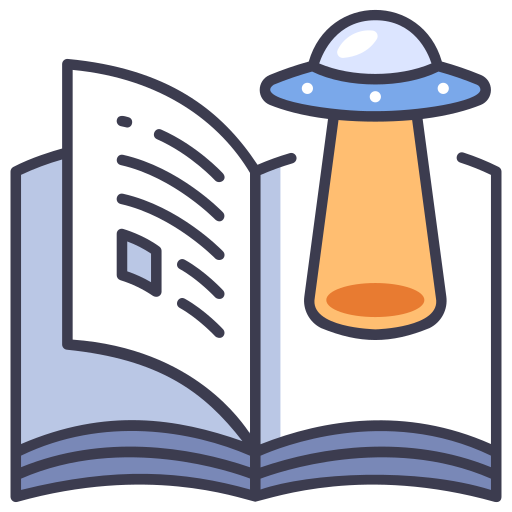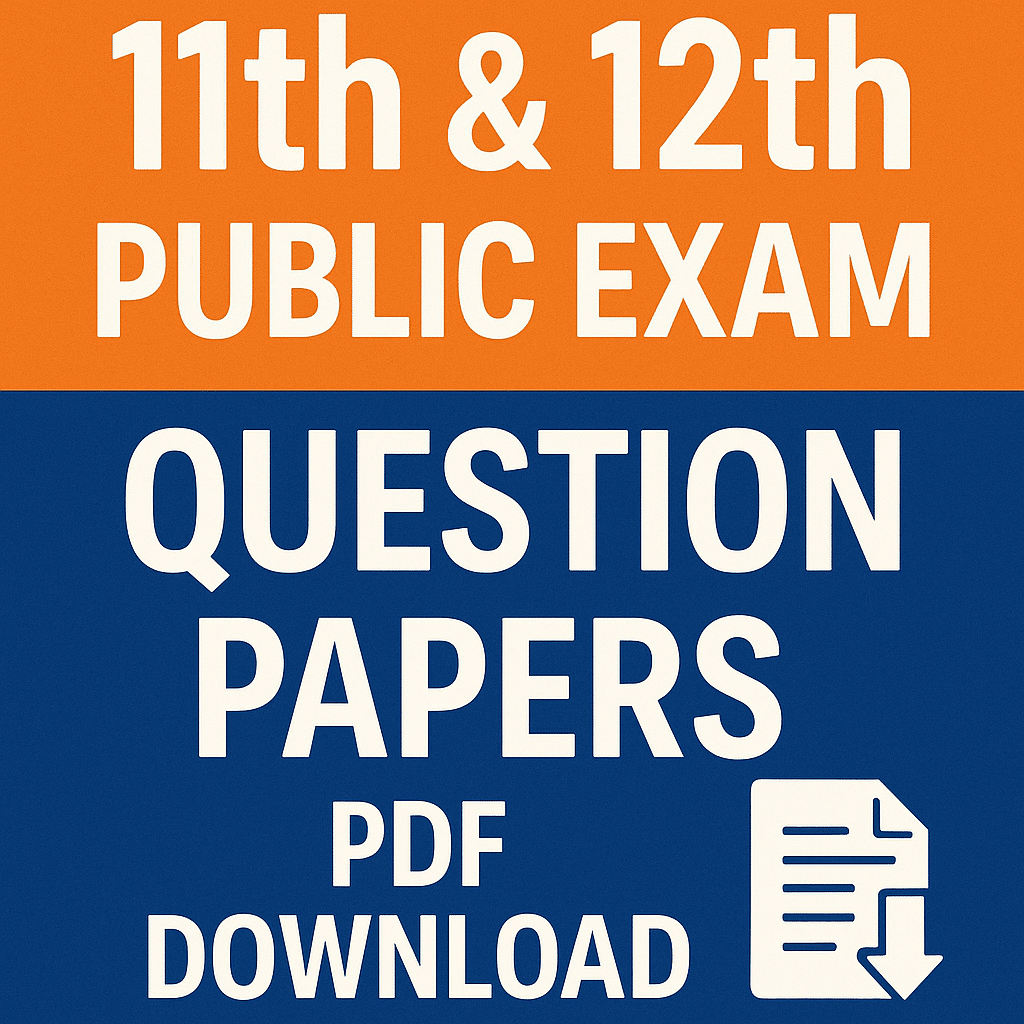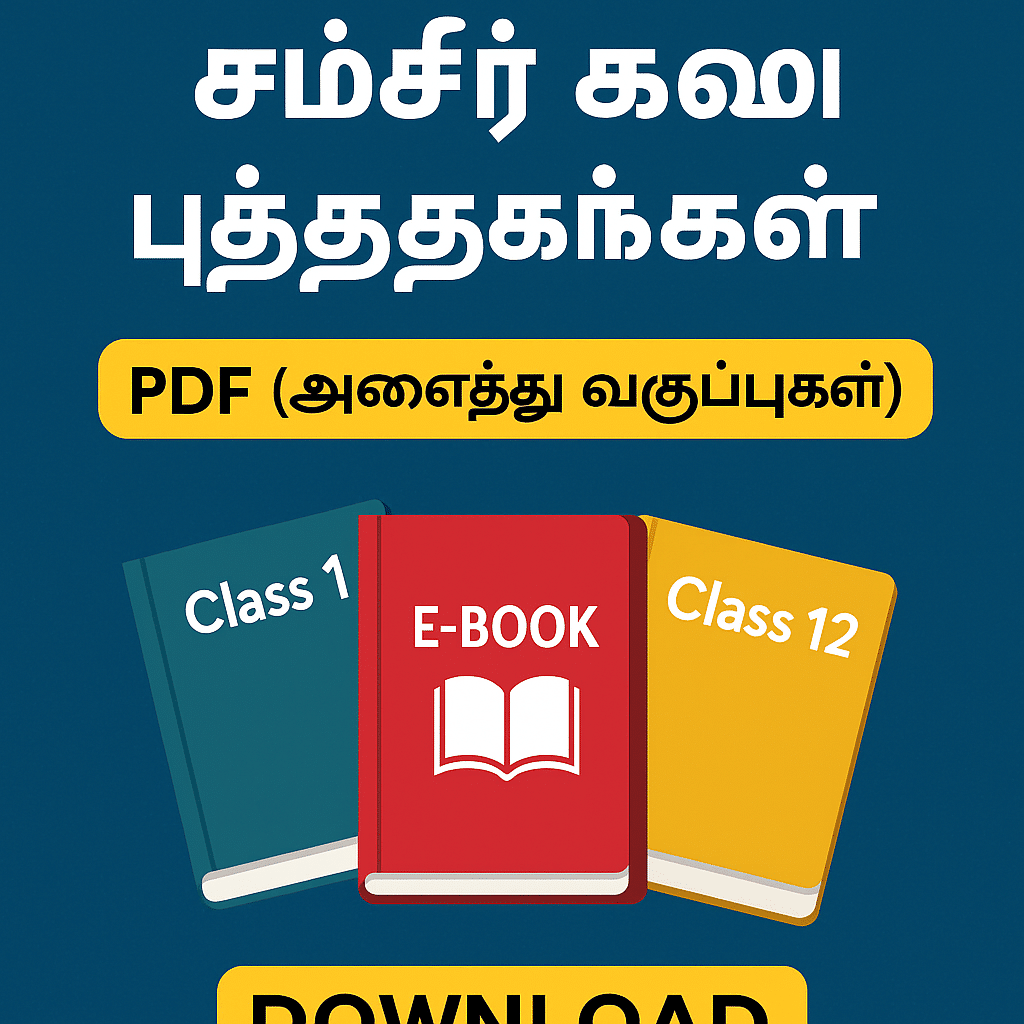Comprehensive CTET Science Notes for Paper 2
Preparing for the Central Teacher Eligibility Test (CTET) can be challenging, particularly when it comes to the Science section in Paper 2. A solid understanding of scientific concepts is essential for aspiring teachers who aim to foster curiosity and critical thinking in their students. This blog post provides key notes and insights to help you prepare effectively for the Science portion of the exam.
Importance of Science in CTET
Science education plays a crucial role in developing students’ understanding of the world around them. It encourages inquiry, experimentation, and analytical thinking. For future educators, a strong foundation in science is vital not only for the exam but also for inspiring students to appreciate the subject.
Key Topics for Science in Paper 2
1. Physical Science
- Matter and Its Properties: Understand the states of matter (solid, liquid, gas), physical and chemical changes, and the concept of density.
- Forces and Motion: Study Newton’s laws of motion, types of forces (friction, gravitational), and concepts like speed and acceleration.
- Energy: Explore different forms of energy (kinetic, potential), energy transformation, and the law of conservation of energy.
2. Life Science
- Cell Structure and Function: Familiarize yourself with the basic unit of life, cell organelles, and their functions. Understand the differences between plant and animal cells.
- Human Body Systems: Study major body systems (circulatory, respiratory, digestive, nervous) and their functions. Discuss the importance of maintaining health.
- Ecosystems: Learn about food chains, food webs, and the interdependence of organisms in an ecosystem. Discuss environmental conservation and biodiversity.
3. Earth and Space Science
- Earth’s Structure: Understand layers of the Earth, rocks and minerals, and the rock cycle. Discuss geological processes such as erosion and sedimentation.
- Weather and Climate: Study the atmosphere, types of weather, climate zones, and the water cycle. Understand the impact of climate change.
- Astronomy: Explore the solar system, planets, stars, and galaxies. Discuss concepts such as gravity and orbits.
4. Scientific Inquiry and Methodology
- Scientific Method: Understand the steps of the scientific method, including observation, hypothesis, experimentation, analysis, and conclusion.
- Experiments and Investigations: Familiarize yourself with designing experiments, collecting data, and interpreting results.
- Critical Thinking: Encourage questioning and critical analysis of scientific information. Discuss the importance of skepticism in science.
5. Teaching Methodologies in Science
- Hands-On Learning: Incorporate experiments and practical activities to engage students and enhance understanding.
- Collaborative Learning: Use group projects and discussions to promote teamwork and critical thinking.
- Assessment Techniques: Explore various assessment methods, including formative assessments, quizzes, and practical evaluations.
Tips for Effective Preparation
- Conceptual Understanding: Focus on understanding concepts rather than rote memorization. This will help you apply knowledge effectively.
- Practice Experiments: Familiarize yourself with common science experiments and lab procedures. Understanding practical applications is crucial.
- Solve Previous Papers: Work through past years’ question papers to become comfortable with the exam format and question types.
- Use Visual Aids: Diagrams, charts, and models can help visualize complex concepts and enhance retention.
- Stay Updated: Keep up with current scientific advancements and news, as they can provide relevant examples for your teaching.
Conclusion
A strong grasp of scientific concepts is essential for success in the CTET Science section of Paper 2. By focusing on the key topics outlined in this post and adopting effective study strategies, you can enhance your knowledge and confidence for the exam. Remember, as a future educator, your passion for science can inspire a love for learning in your students. Good luck with your preparation!
























